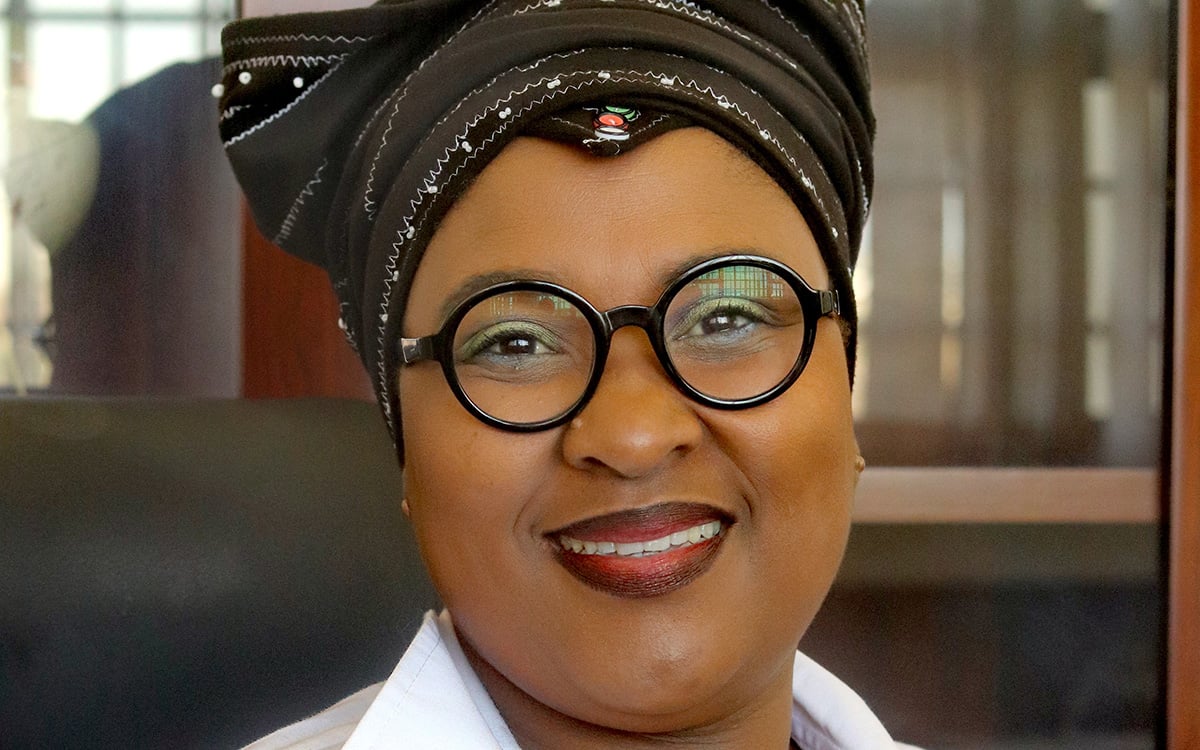The culmination of more than 20 years of teaching and learning has led Mzikazi Nduna to be appointed the new dean of the faculty of health sciences at the University of Fort Hare in Alice in the Eastern Cape.
Nduna began her career as a high school teacher in 1995, when South Africa’s national education system was going through many changes. The introduction of life orientation to replace career guidance stirred an interest in the young teacher to promote healthy sexuality and safer sexual behaviour.
Prior to taking up the position of dean, Nduna was the head of the School of Human and Community Development at the University of the Witwatersrand. There, she started and led a research group focused on fatherhood in South Africa, Father (Dis)connections, also known as FACT.
“We realised that there are different ways in which fathers are absent and different ways that people are connected and disconnected from their fathers,” she explains.
FACT’s research had a strong advocacy component, presenting at conferences and participating in policy conversations. One of FACT’s victories was advocating for fathers’ names to be mandatory on birth certificates.
“For us to take fathers seriously as parents, it needs to start from the day the child is born, the father’s name should be there. It saves the mother and the child later on [if] trying to find the father or going to home affairs,” she says.
“Leadership challenged me. I learned the value of communication and using policy for health advocacy. I am certainly a better leader today because of the advice and support from mentors.”
Professor Rachel Jewkes was one of those mentors, Nduna says. “[Jewkes] sparked the belief in me that we need more women in science — she continues to be my mentor,” Nduna explains.
Aspiring academics, Jewkes and Nduna met while working for the Medical Research Council in the early 2000s. Along with other researchers, they collaborated on the council’s Stepping Stones project — a group intervention aimed at sexual behavioural changes across communities in the Eastern Cape.
“The country had learned a lot about HIV through the A-B-C approach — abstain, be faithful, condomise. But for it to be effective, social norms should support it. We needed to interrogate our assumptions about young people and see if traditions and cultures supported A-B-C,” she says.
Rather than inviting a guest speaker and filling up a school hall for a once-off talk, Stepping Stones was a three-month-long project that engaged people throughout. “With this approach, you see the course through with the participants and there is accountability,” Nduna says.
Her proudest achievement? “Successfully running three separate research projects that supported early career academics and postgraduate students who today are PhD holders and professors in their own right. I am proud to know that I contributed to the development of the current and next generation of researchers, most of whom are black, African and women.”

























